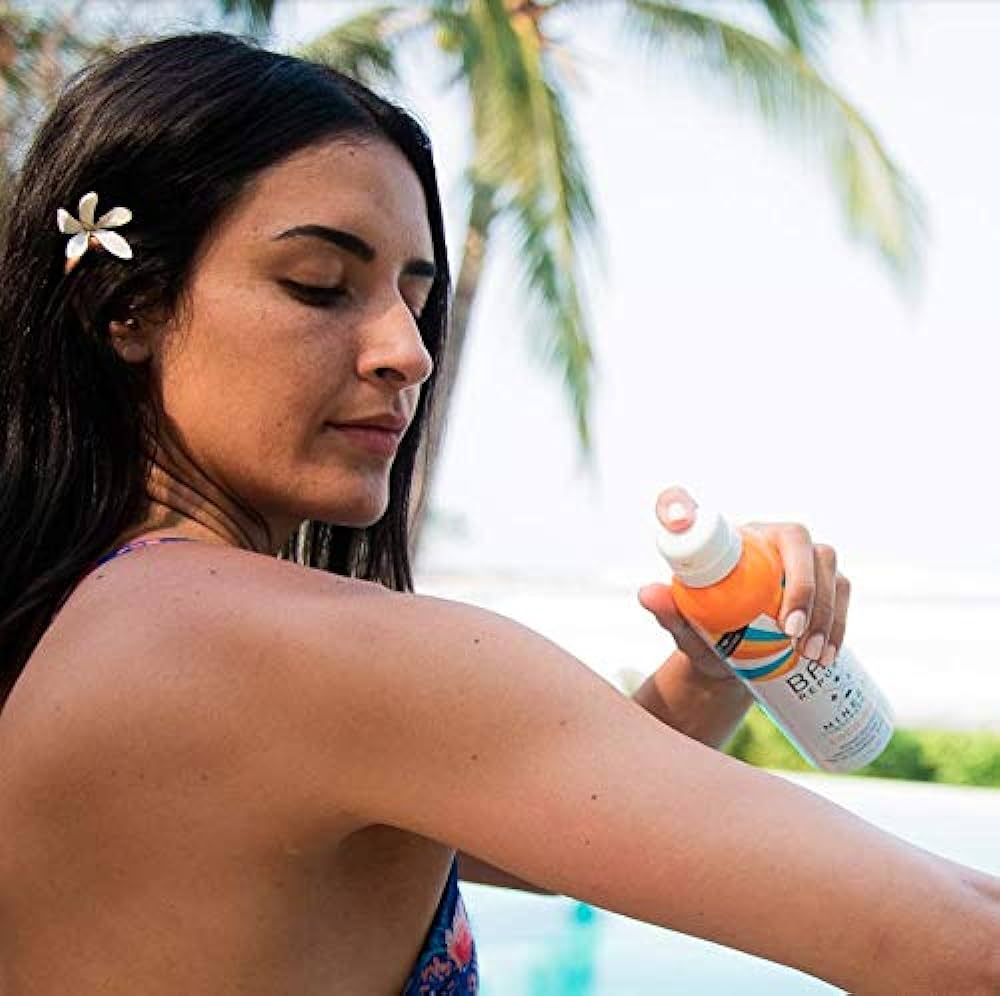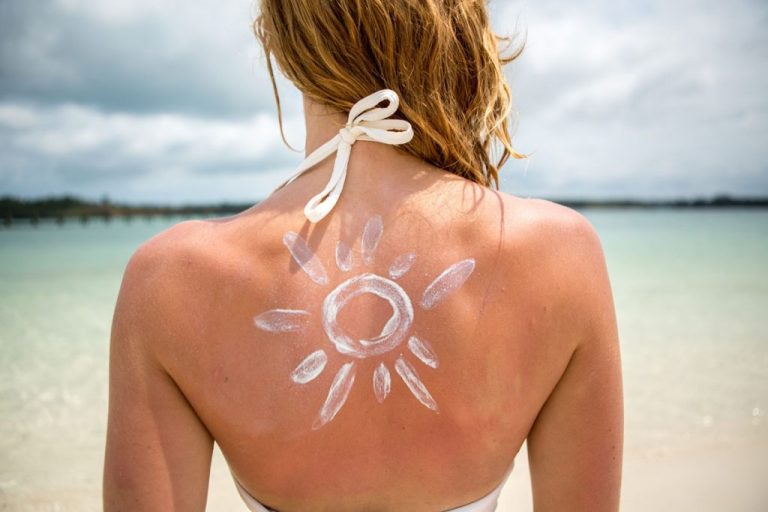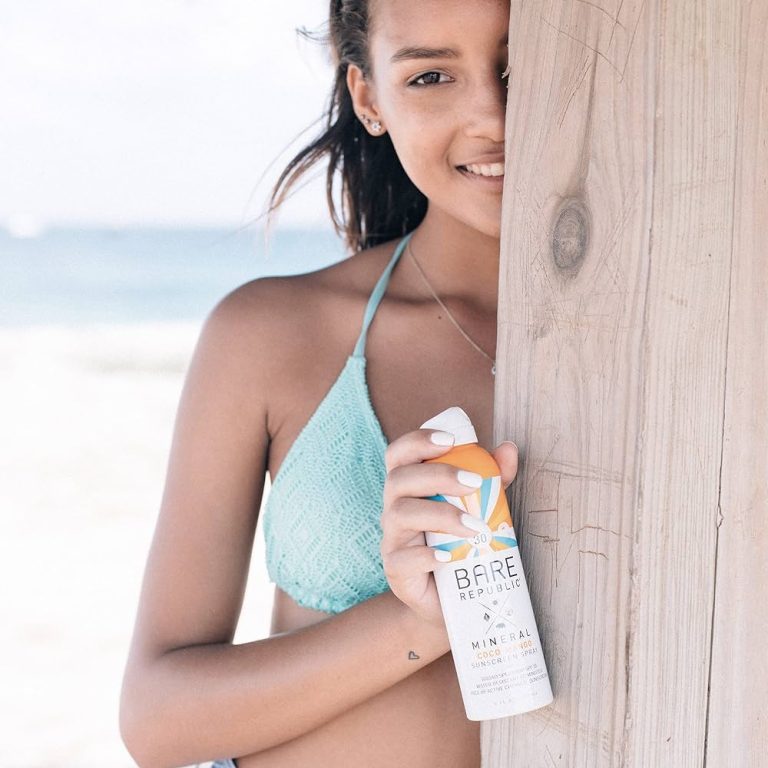
What is The Best Sunscreen
The Quest for the Best Sunscreen
With the increasing awareness of the harmful effects of UV radiation, finding the best sunscreen has become a top priority for many individuals. However, with the abundance of options available in the market, choosing the right sunscreen can be a daunting task.
Factors to Consider
When searching for the best sunscreen, several factors need to be taken into account, including sun protection factor (SPF), broad-spectrum coverage, active ingredients, water resistance, and skin type compatibility.
Sun Protection Factor (SPF)
The SPF indicates how well a sunscreen protects against UVB rays, which are the primary cause of sunburns. Dermatologists recommend using a sunscreen with an SPF of at least 30, which blocks approximately 97% of UVB rays.
Broad-Spectrum Protection
Broad-spectrum sunscreens offer protection against both UVB and UVA rays. UVA rays penetrate deeper into the skin and contribute to premature aging and an increased risk of skin cancer. Ensure the sunscreen you choose provides broad-spectrum coverage.
Active Ingredients
Sunscreens contain two main types of active ingredients: chemical and physical (or mineral). Chemical sunscreens absorb UV rays, while physical sunscreens reflect or scatter them. Both types offer effective protection, but some individuals may have sensitivities or preferences for one over the other.
Water Resistance
For those who engage in water activities or tend to sweat profusely, water-resistant sunscreens are essential. These formulations are designed to remain effective for a specified period, typically 40 or 80 minutes, even after exposure to water or perspiration.
Skin Type Compatibility
Different skin types may react differently to various sunscreen formulations. For example, individuals with oily or acne-prone skin may prefer non-comedogenic (non-pore-clogging) and oil-free options, while those with dry skin may benefit from moisturizing formulas.

Top Sunscreen Recommendations
Based on expert recommendations and consumer reviews, here are some of the best sunscreens to consider:
1. EltaMD UV Clear Broad-Spectrum SPF 46
- Suitable for all skin types, including acne-prone skin
- Provides broad-spectrum protection with zinc oxide and octinoxate
- Non-comedogenic and fragrance-free
2. La Roche-Posay Anthelios Mineral Sunscreen SPF 50
- 100% mineral-based with titanium dioxide and zinc oxide
- Water-resistant for up to 80 minutes
- Non-greasy, fast-absorbing formula
3. Neutrogena Ultra Sheer Dry-Touch Sunscreen SPF 100+
- Lightweight, non-greasy feel
- Helioplex technology for broad-spectrum protection
- Water-resistant for up to 80 minutes
4. Blue Lizard Sensitive Mineral Sunscreen SPF 30+
- Mineral-based with zinc oxide and titanium dioxide
- Suitable for sensitive skin and those with skin conditions
- Water-resistant for up to 80 minutes
5. Supergoop! Unseen Sunscreen SPF 40
- Transparent, weightless formula
- Provides broad-spectrum protection with avobenzone and octisalate
- Suitable for all skin tones and types
Proper Application and Reapplication
Regardless of the sunscreen you choose, proper application and reapplication are crucial for optimal protection. Apply a generous amount of sunscreen to all exposed areas of the skin, including often-overlooked spots like the ears, lips, and scalp.
Reapplication is essential, as sunscreen can wear off due to sweating, swimming, or towel drying. Most experts recommend reapplying every two hours, or more frequently if engaged in water activities or excessive sweating.
Combining Sunscreen with Other Sun Protection Measures
While sunscreen is a vital component of sun protection, it should be used in conjunction with other measures. Seeking shade, wearing protective clothing (including wide-brimmed hats and UV-blocking sunglasses), and limiting time in the sun during peak hours can further reduce your risk of sun damage.
The Importance of Expiration Dates
Like most products, sunscreens have an expiration date. Using expired sunscreen can compromise its effectiveness, as the active ingredients may have degraded over time. Always check the expiration date and discard any expired sunscreen products.
Skin Cancer: A Growing Concern
Skin cancer is one of the most common forms of cancer worldwide, and its incidence rates are on the rise. This increase has been attributed, in part, to excessive UV exposure and inadequate sun protection.
Regular Skin Checks and Professional Screening
Regular self-examination of your skin and professional screening by a dermatologist can help detect signs of skin cancer early, when it is most treatable. It’s essential to be aware of any changes in moles, freckles, or new growths and to seek medical attention if you notice anything unusual.
The Role of Dermatologists
Dermatologists play a vital role in educating patients about the importance of sun protection and providing guidance on choosing and using sunscreen effectively. They can also recommend appropriate sunscreen products based on individual skin types and risk factors.
Sun Protection for Children
Protecting children’s skin from UV radiation is crucial, as excessive exposure during childhood can increase the risk of skin cancer later in life. Choose sunscreens specifically formulated for children, with safe and gentle ingredients, and ensure proper application and reapplication.
Environmental Impact of Sunscreens
As awareness of environmental issues grows, the impact of sunscreen products on marine ecosystems has become a concern. Many manufacturers have responded by developing eco-friendly and reef-safe formulations that are biodegradable and free from potentially harmful chemicals.
Sunscreen Innovations and Future Developments
The sunscreen industry continues to evolve, with ongoing research and innovation aimed at improving sun protection and user experience. Recent developments include innovations in formulations, delivery systems, and ingredients that offer enhanced protection and convenience.

Building a Sun-Safe Culture
Promoting a culture of sun safety is essential for reducing the burden of skin cancer and other UV-related skin conditions. This involves collaborative efforts from healthcare professionals, policymakers, educators, and individuals to raise awareness, implement preventive measures, and foster a society that values and prioritizes sun protection.
The Importance of a Balanced Approach
While sun protection is crucial, it’s also important to maintain a balanced approach to sun exposure. Moderate sun exposure is necessary for the body to produce vitamin D, which plays a vital role in bone health and other bodily functions.
Consulting with Professionals
For individuals with specific skin concerns, medical conditions, or a history of skin cancer, it’s always recommended to consult with a dermatologist or healthcare professional. They can provide personalized advice and recommendations tailored to your individual needs and circumstances.
Making Sun Safety a Lifelong Habit
Protecting your skin from the sun’s harmful rays is not a one-time task but a lifelong commitment. By making sun safety a habit and incorporating it into your daily routine, you can enjoy the outdoors while minimizing your risk of sun damage and skin-related health issues.
In conclusion, finding the best sunscreen is a personal journey that requires considering various factors, such as sun protection factor, broad-spectrum coverage, active ingredients, water resistance, and skin type compatibility. By using a high-quality sunscreen, combined with other sun protection measures, regular skin checks, and a sun-safe lifestyle, individuals can significantly reduce their risk of skin cancer and premature aging caused by UV radiation. Remember, investing in sun protection today is an investment in your long-term health and well-being.



